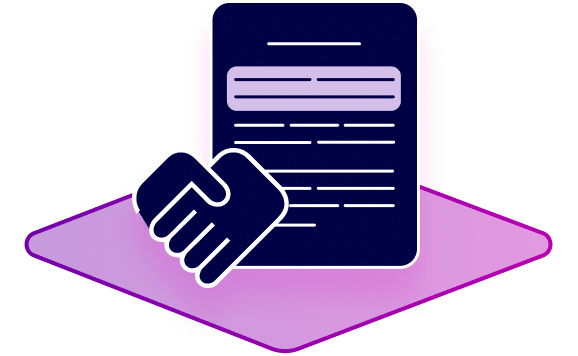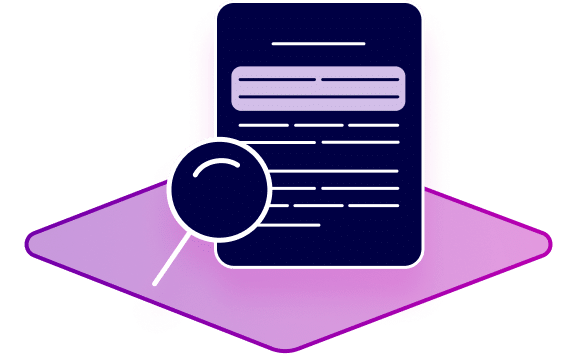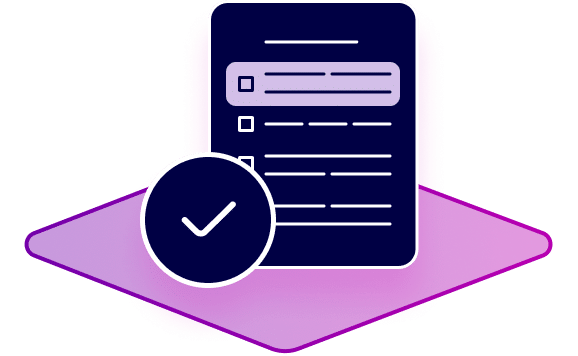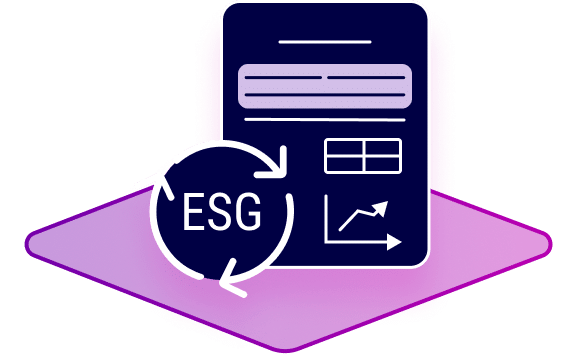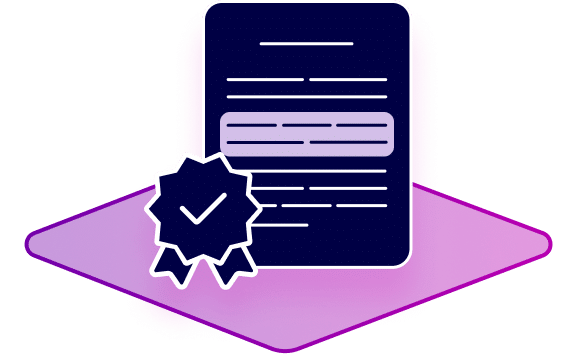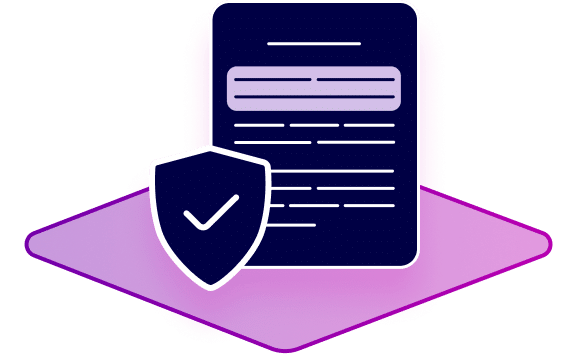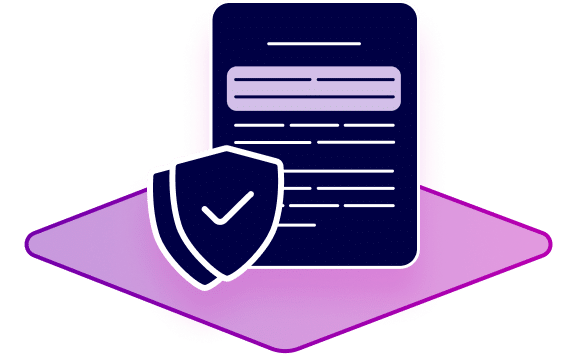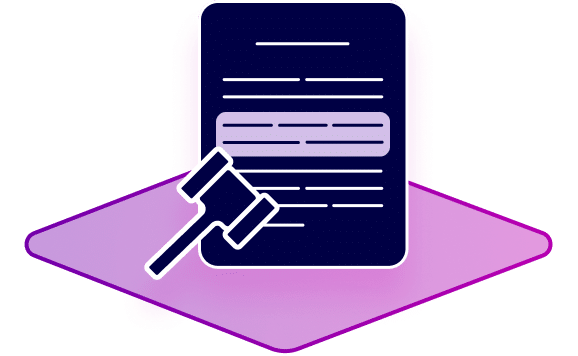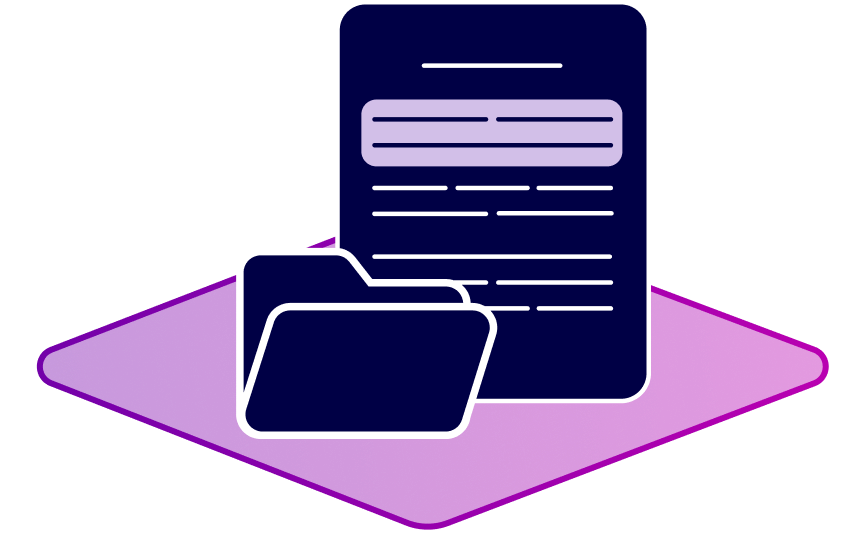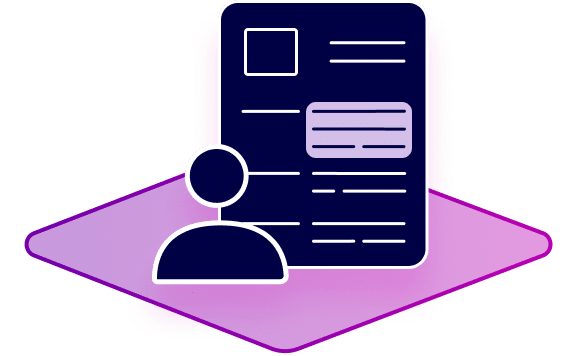
How Artificial Intelligence Transforms Companies – 10 Examples Across Industries
From automotive to insurance industry – artificial intelligence is already widely used today. With the right AI applications, companies can accelerate processes and optimize results. Want to get an idea of what’s possible for your company with artificial intelligence? In this article, we present real world examples for various industries.
Where is AI used?
For many years, German companies were reluctant to engage with the topic of AI. However, the technology has now reached a level of maturity where it can provide a real competitive advantage in many areas if implemented strategically.
And this is also reflected by statistics: According to an AI study by Deloitte 2020, 79 percent of surveyed companies consider artificial intelligence to be a business factor that is critical to their success. Where is AI currently used? Here are the top five areas of AI projects in companies:
- IT (39 percent)
- IT security (16 percent)
- Manufacturing (18 percent)
- Product development (17 percent)
- Finances (15 percent)
AI in companies: Practical examples across 10 industries
Artificial intelligence can take various forms: Speech and facial recognition, robotic control and autonomous problem solving are just a few examples. It’s fair to say, applications for AI are limited only by human creativity. In the future, AI will play a central role in (almost) every industry. Many use cases can already be realized today, others will be introduced in a few years.
1. AI in medicine
In the diagnosis of cancer, physicians are more and more often working with image recognition software that uses artificial intelligence. AI systems can, for example, compare a patient’s current MRI images with a huge database of images of healthy and diseased organs. At Heidelberg University, this method is being used to diagnose black skin cancer, and the results show using AI yields very good results.
AI assistants can also help with self-assessing symptoms (for example, via Ada Health App) and assessing medical emergencies. An example: During an emergency call, AI assistant AI4EMS recognizes from a caller’s nonverbal and verbal signals, such as tone of voice and breathing, whether cardiac arrest is imminent.
2. AI in finances and the insurance industry
Artificial intelligence will fundamentally change the finance and insurance industry. AI is proving particularly powerful in risk assessment for loans and insurance applications. Instead of manually querying predefined criteria to assess risk, neural networks continuously learn what characterizes creditworthy and insurance-worthy applicants. Decisions can be automated, with a low error rate and in a fraction of the time previously required.
3. AI in law
With the help of artificial intelligence, legal tech will facilitate a profound change in the work lives of lawyers. Until now, companies have lawyers manually review contracts for problematic clauses; in future, such legal reviews may be handled by AI-powered document analysis tools. Through mobile apps, consumers could receive simple legal information from AI applications in real time, while lawyers focus on managing complex legal disputes.
4. AI in logistics
There are various areas of application for artificial intelligence in logistics. With the help of AI, deliveries can for example be picked automatically and, thanks to networked AI software, orders can be triggered so that warehouse capacities are optimally utilized and companies minimize waiting times in their supply chain. Also, autonomous vehicles could soon speed up transport within warehouses and production facilities.
5. AI in e-commerce
Perhaps one of the biggest areas of application for AI at present is online retail. Large companies in particular have been using smart software to ensure website visitors receive personalized product recommendations which dramatically increases the likelihood of a next purchase. Thanks to AI, retailers have long been able to automatically adjust their prices to those of their competitors to optimize margins. Here, too, AI evaluates huge databases for online stores and replace gut feelings with facts.
6. AI in agriculture
In future, AI use in agriculture can make an important contribution to improving the quality of food and minimizing climate damage caused by farming. The reason is that smart software is capable of optimizing the amounts of water, pesticides and fertilizers and avoiding excessive use.
7. AI in recruiting
In recruiting, artificial intelligence is already supporting more and more companies. Possible uses of standardized AI software range from automating simple tasks such as making appointments to personality assessments. AI-supported chat bots can automatically write to suitable candidates in social networks, and the better the AI application understands natural language, the more likely it is to engage prospects in a dialog and motivate them to apply. In job interviews, a candidate’s gestures, facial expressions and choice of words can be evaluated with the help of AI applications to determine how well the candidate’s personality fits the company culture.
8. AI in manufacturing
In manufacturing, many current AI applications relate to process optimization. Digital twins can be automatically adjusted with the help of artificial intelligence when product variants change. AI applications report when equipment needs maintenance or automatically regulate deviations from standards (smart maintenance). Smart factories are taking root in the automotive industry, where AI systems control capacity utilization in production stations.
9. AI in IT security
The number of cyber attacks on companies and political stakeholders has been increasing for years. Not only do attackers use artificial intelligence more and more frequently, but organizations are also increasingly relying on AI systems for their IT security. This is because the systems not only react to attacks that have taken place, but also detect suspicious data streams in networks in real time. They can then block users, deny access and take preventative measures. Such AI applications can also identify audio or video deep fakes.
10. AI in marketing
How will customer lifetime value have changed in six months? For which product groups is a website visitor’s willingness to buy particularly high? And when should special offers prevent a customer from thinking more intensively about cancellation? In marketing, the use of AI software is already commonplace in many companies.
Other areas of application for AI can be found in controlling, public infrastructure or the real estate industry.
Why companies should invest in AI now
According to Bitkom, one in four companies in Germany plans to introduce AI systems in 2021. A year earlier, it was 8 percent less. A clear leap. However, implementation rates are slow: The percentage of companies using smart applications only rose from 6 to 8 percent. Yet, if companies want to remain competitive internationally, artificial intelligence should become part of their rather sooner than later.
One main reason for the slow pace of innovation are misconceptions about AI projects. Leaders believe that AI software is too expensive for SMEs, that a project takes too long, and that AI is not yet mature enough for their specific use case anyway. In fact, thanks to standardized AI software, companies of all sizes can benefit from AI. With a clear pilot project, they can achieve a return on investment in a reasonable amount of time – and with a little persistence, it’s possible for most companies to define a profitable use case.
How to make sure an AI project succeeds and what to mind when implementing smart software? Our case study with Gothaer Versicherungen shows how the company saves up to 45% of document processing time thanks to semantha.


